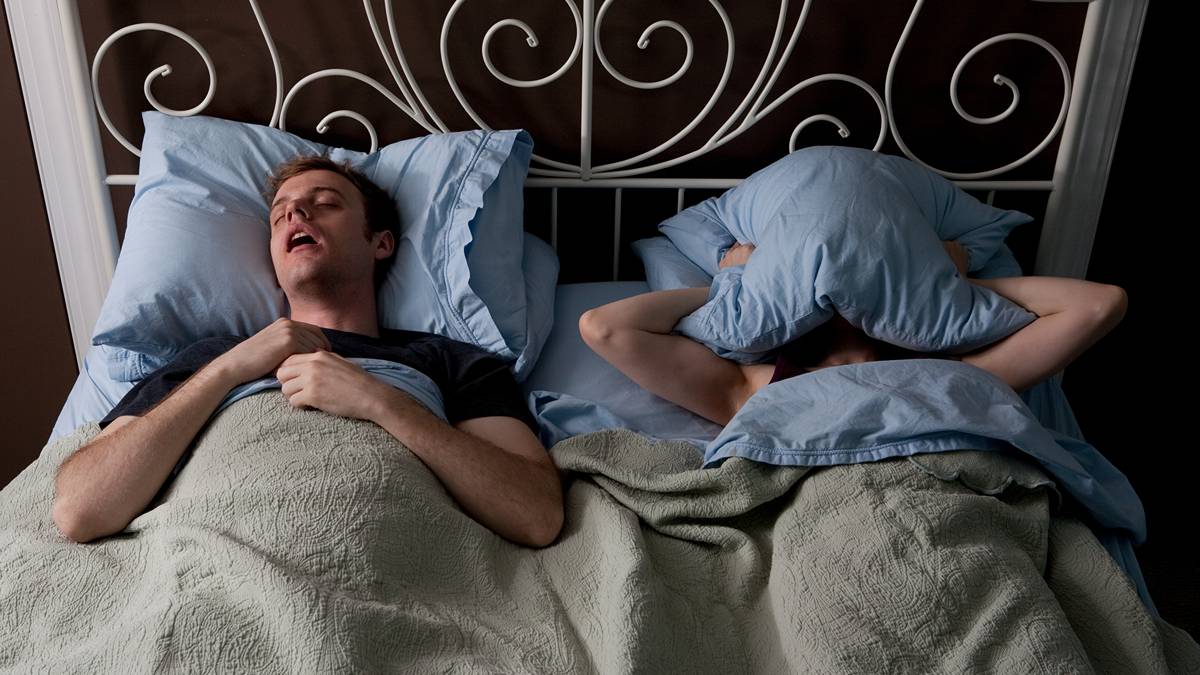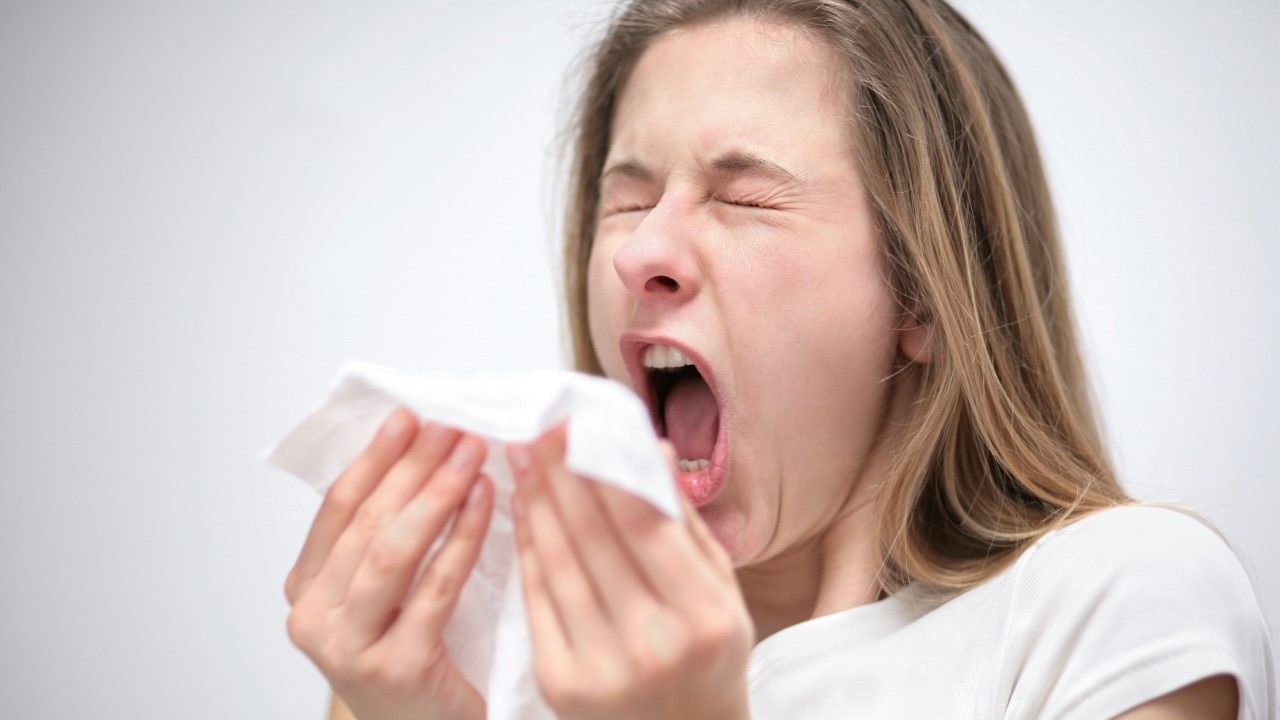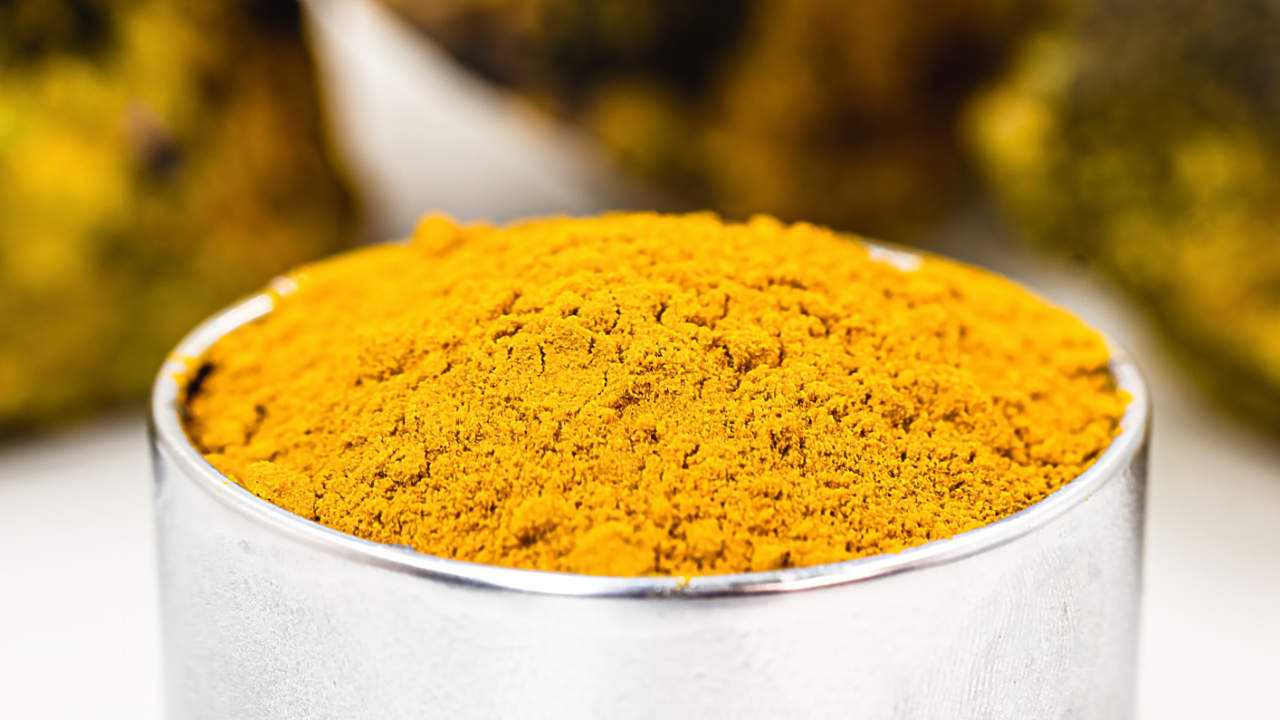Health Check: Snore-buster Resmed says miracle diet drugs and tariffs no threat to growth
After reporting robust March quarter numbers, Resmed reckons it won’t be subject to US tariffs while the growth of anti-obesity drugs is likely to be a tailwind

Stockhead
Don't miss out on the headlines from Stockhead. Followed categories will be added to My News.
Resmed is unperturbed about the growing use of anti-obesity drugs. which ostensibly will quell demand for its anti-snoring therapies
The company also believes it will continue to be subject to zero tariffs in the US, its most important market
Resmed reported an 8% rise in March quarter revenue and a 21% earnings surge
Having posted robust third (March) quarter numbers, ResMed (ASX:RMD) CEO Mick Farrell says the two big factors weighing on the sleep and respiratory fortunes are likely to be tailwinds if anything.
On tariffs, the company this month was assured that a four-decade old US exemption on medical devices for people with disabilities – such as Resmed’s pumps and masks for obstructive sleep apnoea (OSA) – would remain.
The second biggest ASX-listed healthcare stock, Resmed derives around half of its revenue from the US.
“We have reaffirmed with the current customs and border protection that we have zero tariffs on our products and we expect it to stay like that,” Farrell told Stockhead.
Some Resmed watchers have also been concerned about the impact of the GLP-1 class of anti-obesity drugs, which in theory reduces the incidence of OSA (serious and sometimes life-threatening snoring).
The company cites a ‘real world’ data analysis of more than 1.3 million patients.
The mega study showed those with a sleep apnoea diagnosis and prescribed GLP-1 drugs were 11% more likely to initiate continuous positive airway pressure CPAP therapy.
They were also more likely to request mask resupplies one to two years after going on CPAP.
Crunching the financials
Resmed posted an 8% rise in revenue to US$1.3 billion, generating net income of US$365 million (up 21%).
The results this morning sent Resmed shares up to 9% higher.
Farrell dubs the numbers as “a bit ahead” of market expectations and a “couple of pennies” ahead on earnings per share (up 11%).
Gross margins crept up to 59.3%, from 57.9% previously.
Revenue for the first three quarters stands at US$3.79 billion, up 10%, with a net profit of US$1.02 billion (up 40%).
“These results are evidence that sleep health customers recognise our products and software solutions as the gold standard for care,” Farrell says.
The company notes ongoing strong device for Resmed’s core products, CPAP devices and masks.
Overall, devices account for 52% of Resmed’s revenue, with masks contributing 36%.
Management also calls out the 10% growth in its ‘connected care’ residential care software business, which now contributes 12% of revenue.
Unmasking the upside
Global sales of disposable masks grew at a faster clip than for devices: 11% versus 6%.
Farrell says the company is “nowhere near the limit” on optimum mask sales.
In other words, users don’t replace them nearly enough as they should, despite reimbursement being available.
“While mask growth of 14% in the US was really good, there is more opportunity to grow in Europe, Asia and the rest of the world where mask growth was just 7%.”
One issue is how to contact patients with a reminder to renew their masks, given they don’t all prefer the same communication channel.
“We are getting quite sophisticated at engaging with the home care providers, the patients and the doctors to make sure we can do everything seamlessly,” Farrell says.
Ready for Zepbound
Last December the US Food and Drug Administation approved Eli Lilly’s Zepbound, the first GLP-1 treatment specifically for treating OSA.
“We are ready for some serious Zepbound advertising to start in the June to December period,” Farrell says.
In preparation, the company has launched two new products that enable faster and easier diagnosis of the condition.
These include a 'wearable' fingertip OSA test called Night Owl.
Farrell says Resmed intends to drive increased patient flow by “accelerating education and awareness outreach to physicians, providers, patients and beyond.”
‘Bring it on’
Resmed has benefited from the absence of its biggest competitor, Philips (formerly Respironics) from the US market after a 2021 device recall.
But Farrell notes that Resmed is competing with Philips head to head in most of the other 139 countries in which it operates.
Philips also continues to sell masks in the US.
“When they came back to these markets we have been beating them anyway, because we have the smallest, quietest and most comfortable and connected therapy systems,” Farrell says.
Philips has targeted 15% of the US market – about half the share the company had previously – but the timing of the company’s return is unclear.
“It’s game on,” Farrell says. “We were beating them before and look forward to beating them again when they come back to the US.”
Cutting ribbons in the US
Should the Trump Administration do a U-turn on device tariffs – and anything’s possible – Resmed is expanding its US manufacturing and R&D footprint.
While the company currently makes most of its product in Australia or Singapore, it is about to open a new mega plant in Calabasas, California.
“We can also expand an existing larger plant in Atlanta, with potential other expansion in the Midwest,” Farrell says.
Sagely, Resmed has increased its US R&D activities tenfold.
“This administration is all about R&D and manufacturing in the US," he says.
“We are a very good story for them as we cut ribbons in California and maybe the Midwest.”
If worse comes to worst, broker Goldman Sachs believes Resmed could offset a 10% tariff impact by lifting US prices by around 2%.
The firm adds that a forecast reduction of 3%-5% in raw materials costs would mitigate the pain.
Resmed also has a relative advantage against rival Fisher & Paykel Healthcare (ASX:FPH) – which manufactures in Mexico – and other Chinese-based suppliers.
Sleepless – and not just in Seattle
Farrell says Resmed’s biggest competitor is a lack of awareness about OSA, or “sleep suffocation” as he terms it.
Globally, about 2.3 billion – one quarter of the population – need Resmed technology.
Of course, not all of that market is addressable.
The company services about 150 million people one way or the other and has targeted 500 million by 2030.
Released during the quarter, Resmed’s fifth annual global sleep study shows that seven in ten workers call in sick because of sleep-related problems.
In a bonanza for divorce lawyers, 18% of spouses sleep in separate rooms because of thunderous snoring.
Meanwhile, Resmed’s cash has soared to US$933 million, from US$238 million in the December quarter. Net cash stands at US$260 million, with US$1.5 billion of unused debt.
While Resmed has upped its dividends and is undertaking a share buyback, investors can expect some potential bolt-on acquisitions as the company pursues its lofty growth agenda.
Originally published as Health Check: Snore-buster Resmed says miracle diet drugs and tariffs no threat to growth






